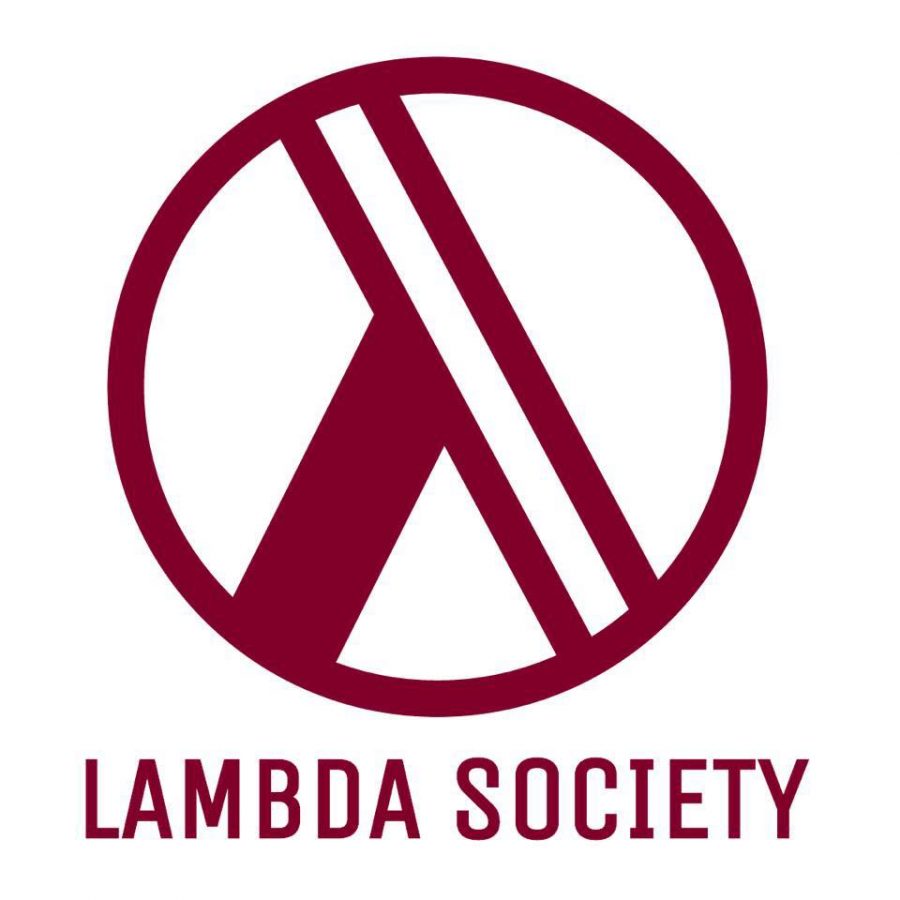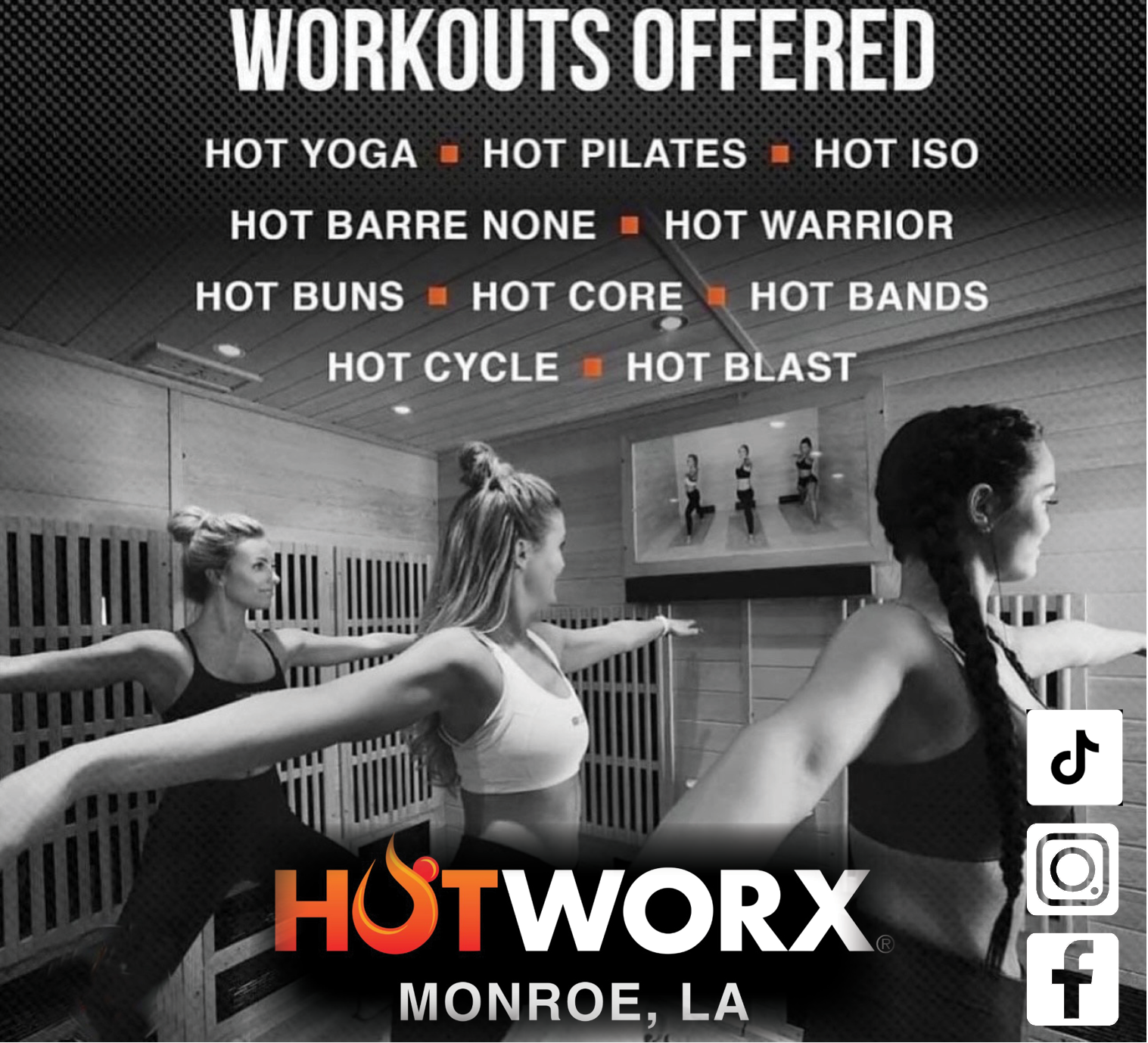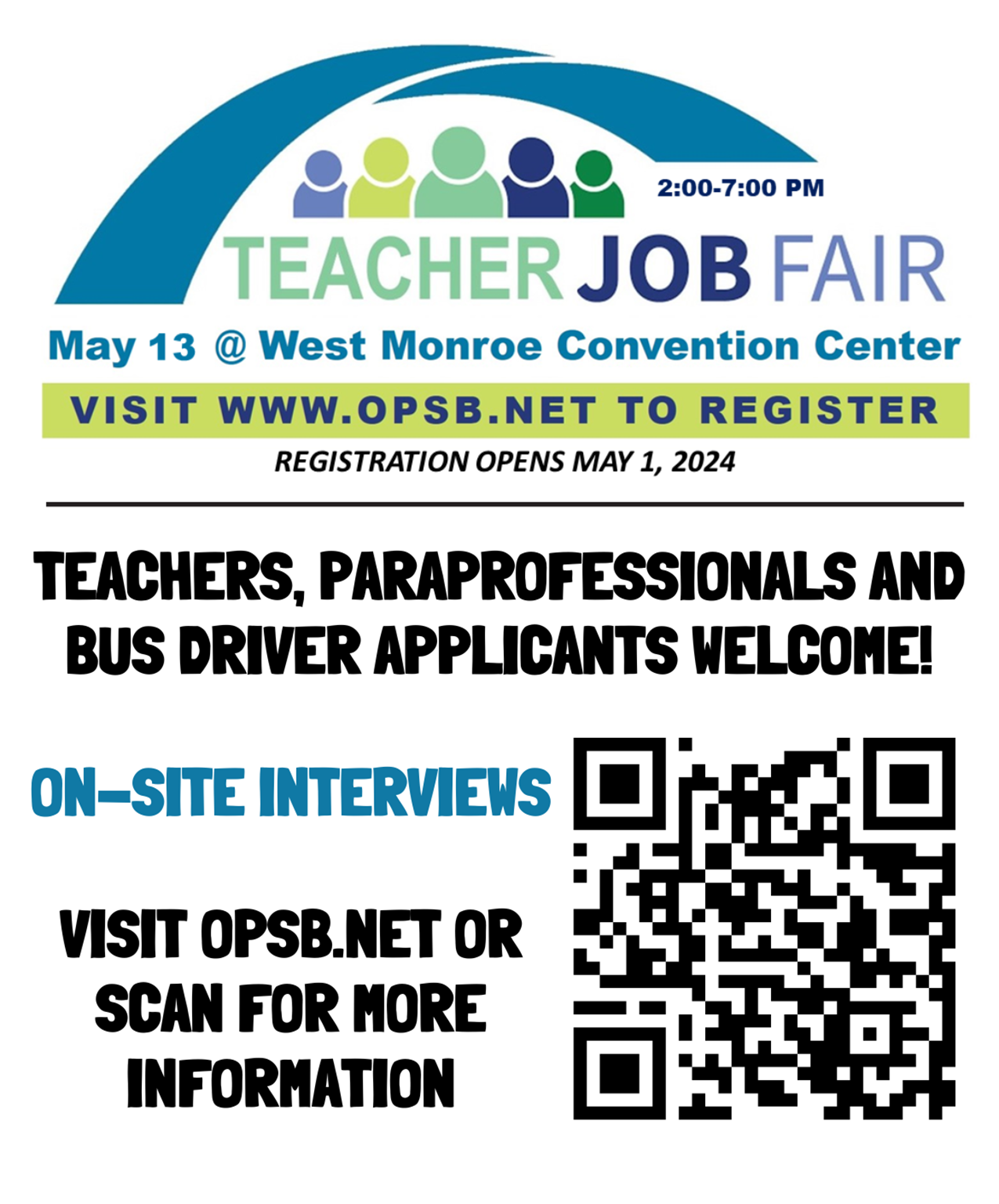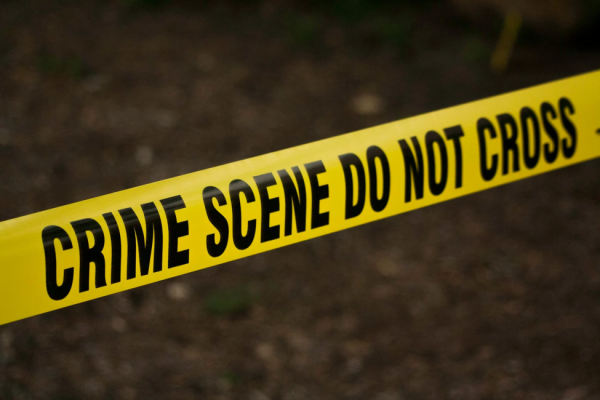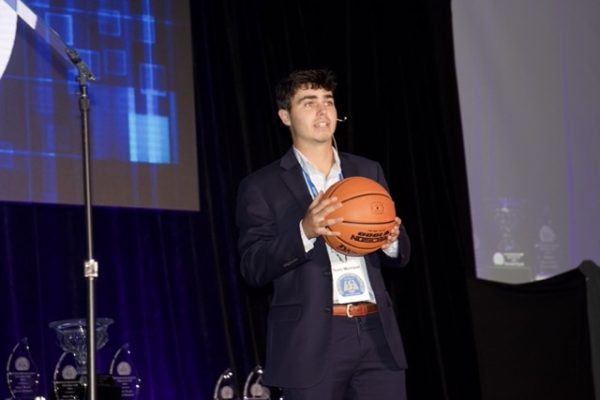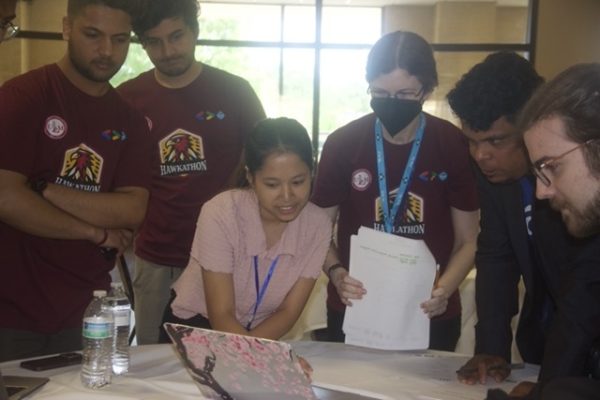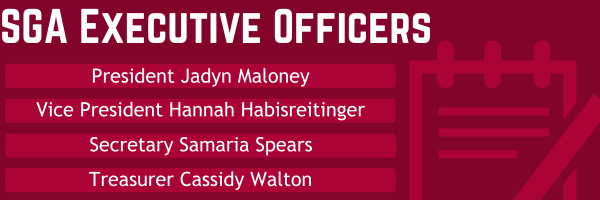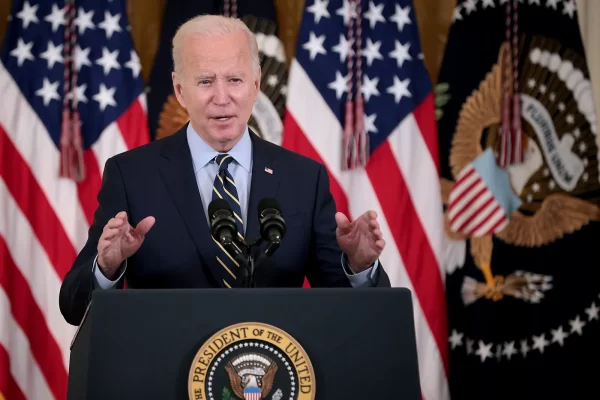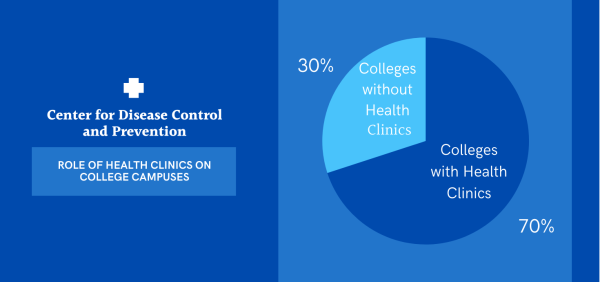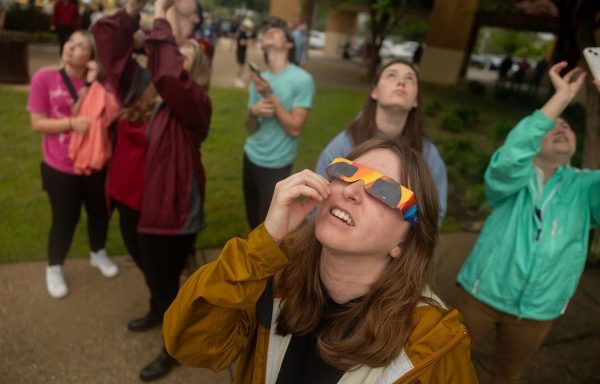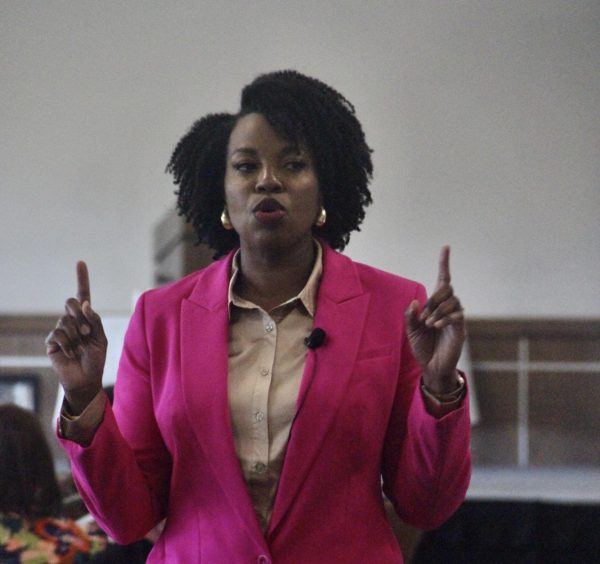LGBTQ training event held on campus
October 7, 2018
Heterosexual is okay, but homosexual can be offensive. “When a person tells you they’re gay, call them gay.”
That was the first thing discussed by Lambda Society Secretary Carly-Marie Herrera and President Austin Dicus at ULM’s Safe Zone Training seminar. About 40 students gathered in SUB ballroom A to learn about the LGBTQ community.
Herrera first proposed bringing Safe Zone Training to ULM back in April. The national program educates college faculty and students on the different groups and terms in the LGBTQ community.
She contacted ULM’s Special Projects Officer and Title IX Coordinator Treina Kimble about setting it up.
Herrera then worked through the summer on a condensed curriculum for the seminar. She worried that the two-hour program would be too long to hold students interest.
She had to choose the most important parts of the program to keep and cut certain parts.
“We definitely could not cut out the vocabulary because that’s the most important part of the LGBT community,” Herrera said.
Ultimately, Herrera cut the seminar down to one hour of vocabulary, discussion, and activities.
Upon arrival, each attendee received a packet with an extensive list of definitions, dos-and-don’ts and several activities.
The program began with a discussion of the terminology used in the LGBTQ community. Participants discussed how certain terms can be offensive, and which terms could be used in their place.
“I hear these words all the time on social media and in movies, and it’s not very clear what people mean,” said Amanda Arcilla, a freshman pre-nursing major.
Participants also learned about attraction and different types of sexual orientations. For example, bisexual and pansexual are often confused.
The program explained that bisexuals are attracted to members of both genders, male and female. Pansexuals can be attracted to any gender identity, not just males and females.
Gender expression is the way a person presents themselves to the outside world. It can include clothing, behavior and speech.
Gender expression stereotypes are very common. For example, lesbians are considered more masculine than straight women.
One of the more popular activities, “privilege for sale,” demonstrated the privilege gap between different groups.
Students were separated into groups of five and given a list of 14 privileges. Each group then received a random amount of money and was told to use that money to buy privileges.
Some groups received a lot of money and bought almost every available privilege. Other groups with less money were forced to choose privileges they considered the most important.
The wealthy groups represented the powerful groups in our society who face little discrimination, such as straight and individuals that identify by their birth gender.
Herrera and Kimble were pleased by the turnout. They plan to hold Safe Zone Training at least twice per semester— one for students and one for faculty.
If there is enough interest in the program, they may host four seminars per semester. Their main goal is to offer this training to anyone who wants to interact more positively with the LGBTQ community.

